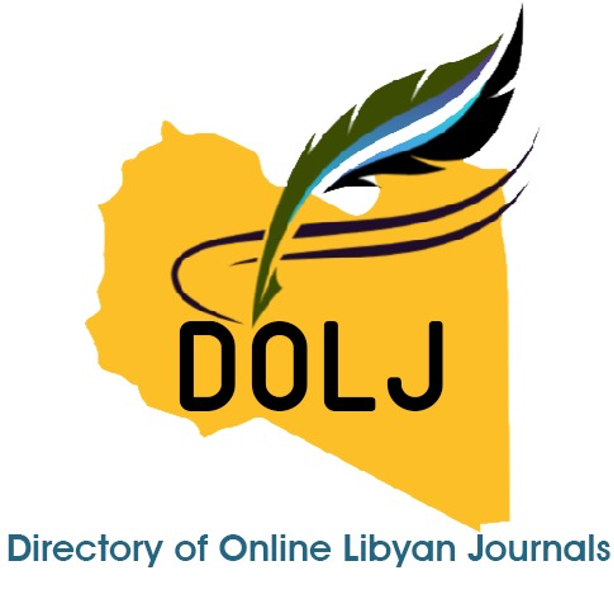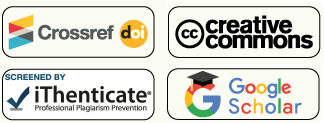- Editorial Policy
- Publication Policy
- Peer Review Policy
- Copyright and Licensing
- Open Accesses Policy
- Publication Fees and Charges
- Plagiarism Policy
- Data Sharing Policy
Editor's Rolle and Ethics1
Editor's Role, Responsibilities, and Ethics
The journal's editorial board adheres to the Editor's Ethics, which includes several basic principles to ensure the greatest degree of integrity, transparency, impartiality, and independence in the editorial process and editorial decision-making process. They must deal with conflicts of interest transparently and ensure the quality and accuracy of published material. The most important aspects that define editorial ethics are:
Integrity and Independence: The editor must evaluate research papers submitted for publication in the journal in terms of their intellectual content, without any bias or discrimination based on the beliefs, race, or gender of the authors. Editorial decisions must be made based on the quality and scientific importance of the material, without any bias. The editor must also maintain academic integrity, meet the needs of readers and authors, and publish corrections, clarifications, and retractions.
Confidentiality: The editor must maintain the confidentiality of information provided by authors and not disclose any information about the submitted paper to anyone outside the process of editing, reviewing, and publishing the paper. (The author, potential reviewers, other editorial advisors, and the publisher are exempt from confidentiality, as required for the review and publication of the manuscript.)
Conflict of Interest: Disclose and monitor any conflict of interest, whatever its nature, take legal action regarding it, and address its consequences in the publication process.
Quality of Published Materials: Ensure the quality of the research paper, its freedom from scientific and linguistic errors, and its scientific originality.
Remediation of Errors and Misconduct: Take legal action, in accordance with the journal and publisher's policies, if any errors or misconduct are discovered in the published material, and publish corrections or retractions.
Peer Review: Editors must ensure that the research submitted for publication is peer-reviewed and reviewed by independent experts in the field.
Adherence to Ethical Standards: Editors must adhere to the approved ethical policies and standards regarding the review and publication process.
Responding to Ethical Concerns: Commit to courageously and effectively responding to any ethical or negative concerns regarding published or intended research and taking appropriate action.











